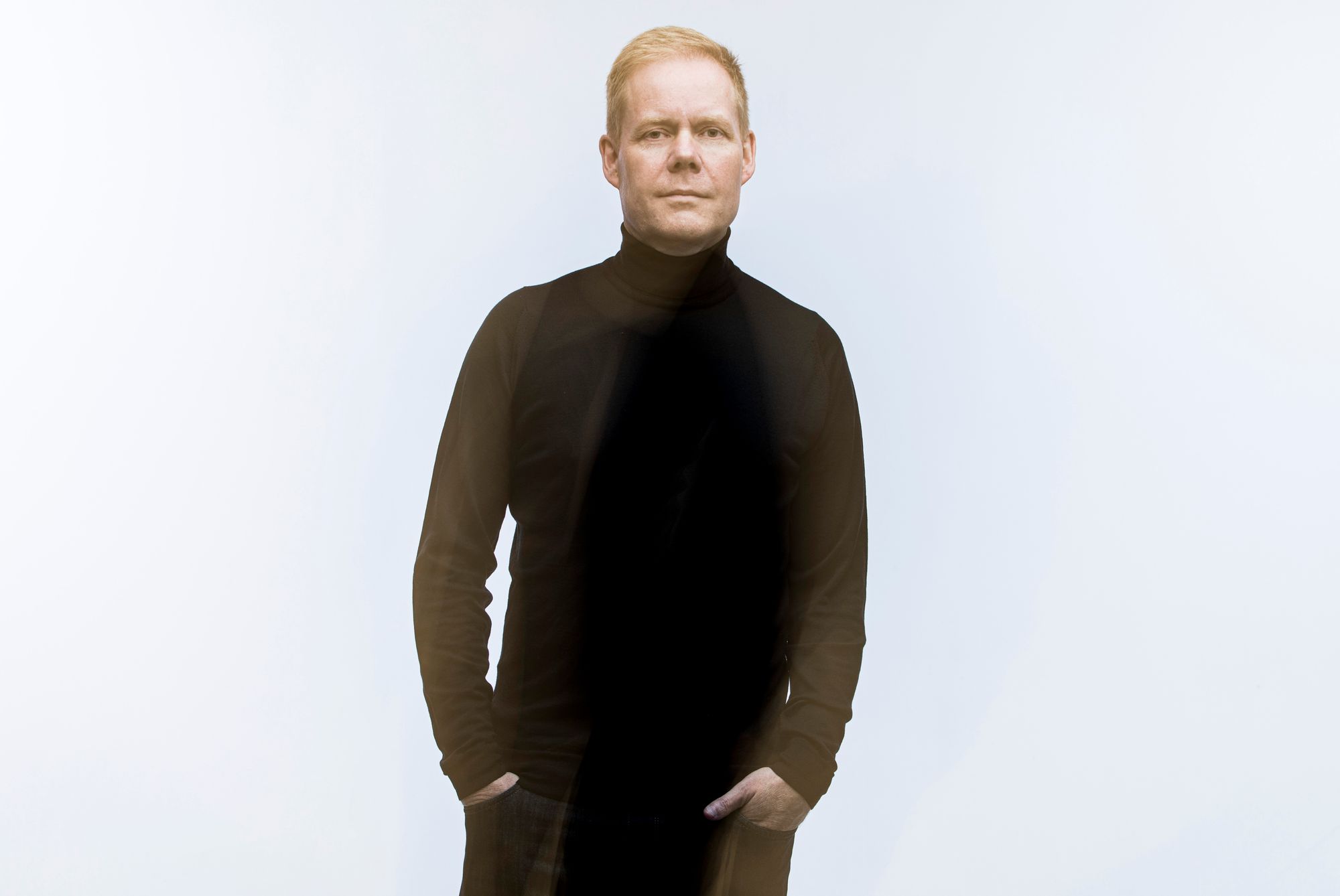Voices: Max Richter
Music with an important message from Max Richter

Inspired by the 1948 Universal Declaration of Human Rights, this is a substantial statement by Max Richter. This review comes after I recently heard a piece of Richter’s at a concert in Stratford-upon-Avon, 'On the Nature of Daylight” from The Blue Notebooks.
There is no doubting the astonishingly high production values of Voices. Especially though headphones, this becomes an immersive, perfectly judged experience on a technical level. Richter’s soundworld verges on the crossover; in my Stratford review I referenced minimalism, here it is ambient music that seems to be the primary influence. Certainly, the mood is elegiac, and retains a certain static nature throughout despite samples of voices in non-English languages and the narration. A recording of Eleanor Roosevelt’s reading of the preamble to the Declaration adds a sense of authority (Richter actually also uses recordings of people from some 70 countries reading the Declaration that came about as a result of an invitation from Richter for people globally to provide readings).

Soprano Grace Davidson has an astonishingly pure voice, while Mari Samuelsen’s violin has an appropriately blanched tone. Perhaps it is the slow build of ‘Chorale’ that is most impressive, as well as the most impressively managed. The scoring for orchestra is deliberately bass-heavy (23 cellos and 13 double-basses).
While the text is all about hope, the music itself is often almost mournful, even lachrymose, a sense of loss perhaps for what peace might have been if we had listened to the message of the Declaration. The movement ‘Murmuration’ seems to sum this mood up best; yet Richter, importantly, inspires hope for the future.
Prior to the release of the album, Decca released a couple of videos that were created in tandem with BAFTA-winning Yulia Mahr, and they are inspirational. Here's "All Human Beings," the first movement:
... and here's Mahr's video of "Mercy," the final movement:
And here's the album in full:
The actress KiKi Layne’s contributions are perfectly enunciated; and how beautiful to have the spoken female voice contrasted with the sung female voice in ‘Little Requiems’.
This is a two disc set, the second of which is a ‘voiceless mix’ of the first. It’s not quite voiceless, but the excision of texts does allow us to hear Richter’s score at its bare-bones level; and somehow the vocalise in ‘Little Requiem’ seems to gain in power.
In terms of performance and recording, then, this is beyond criticism. Recording Engineer Richard Coulson, who mixed the piece in conjunction with the composer, should be proud of the results.
